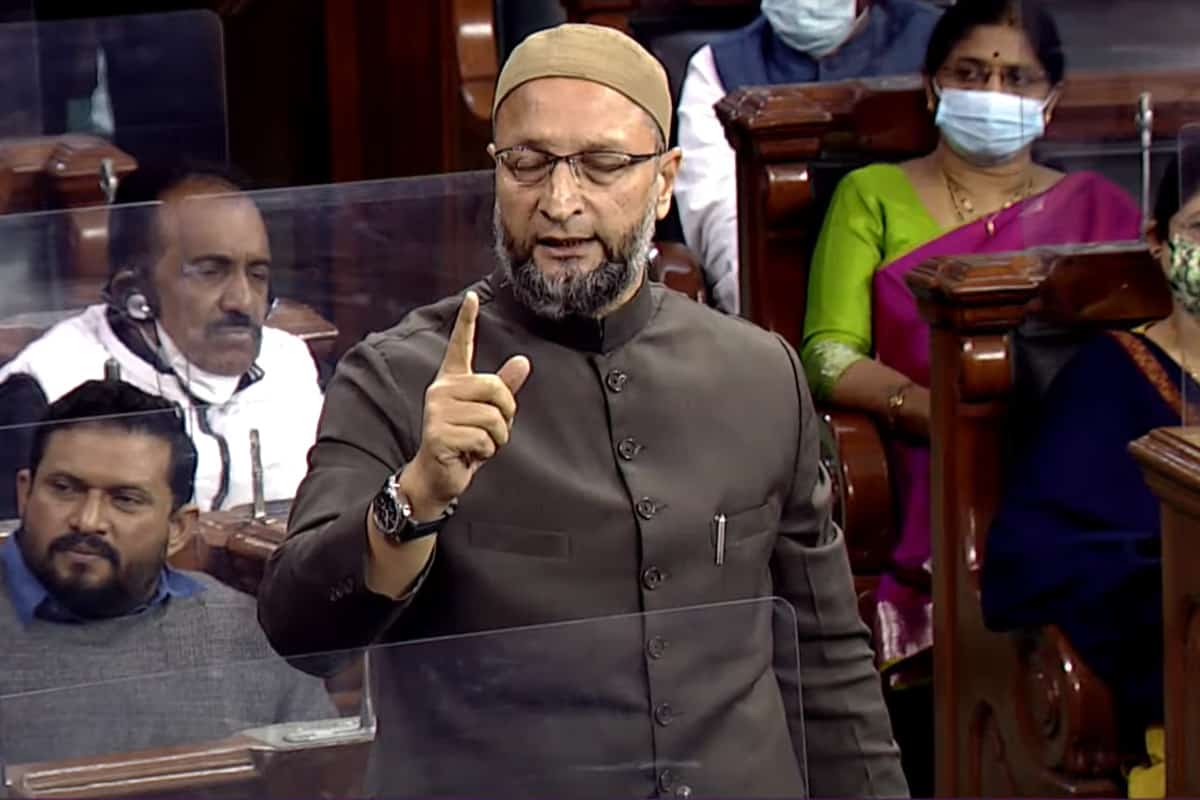
New Delhi: AIMIM leader Asaduddin Owaisi on Tuesday described the government as ‘Jhaanku Uncle’ (peeping Tom) as he opposed the Registration of Births and Deaths (Amendment) Bill contending that it violated the citizen’s Right to Privacy.
Participating in a debate in the Lok Sabha on the Bill, Owaisi likened the provisions in the draft legislation to a “backdoor National Registry of Citizens (NRC)” and contended that the interlinking of databases to update such as voter rolls, and other databases such as Aadhar, national food security act, passport, driving license was violation of right to privacy.
“Interlinking and connecting such diverse data violates the principle of purpose limitation which is at the heart of the right to privacy,” Owaisi argued.
“The test laid down in Puttuswamy judgement requires that there should be a statute for every action that infringes the Right to Privacy. National Population Register, no statute exists, Citizenship Act has no reference to any population register. This is a backdoor NRC and it is completely unconstitutional,” the Lok Sabha member from Hyderabad said.
Responding to the debate, Union Minister of State for Home Nityanand Rai said the government had brought this bill with a clear mind to ensure that the benefits of various schemes reach the intended beneficiaries. The bill was passed by a voice vote in the Lok Sabha amid opposition protests on the situation in Manipur.
“Some members have expressed their apprehension. I would like to urge them that there is no scope for any doubt in the bill,” Rai said.
Owaisi said when members seek data on poverty or deaths during Covid, the government says “no data available”.
“But the government feels it is entitled to collect all our personal and private data and use it for its own end. In English, there is a phrase ‘peeping Tom’. In Hindustani it should be called ‘Jhaanku Uncle’ which is what the government is indulging in,” he said.
Owaisi said linking of the proposed national database under Registration of Births and Deaths Act with electoral rolls is fraught with constitutional impropriety.
“It is likely that this data could be used for targeted disenfranchisement, voter suppression. Some electoral consultants can create a database that also provides granular data on voters, their caste and religion,” he said.
Owaisi cautioned that a centralised database could also enable creation of mass surveillance infrastructure that may be used for profiling, targeting and discriminating against citizens.
“That is why there will be large-scale surveillance. The government can target and delete genuine voters thereby creating exclusive criteria for the 2026 delimitation exercise,” he said.



